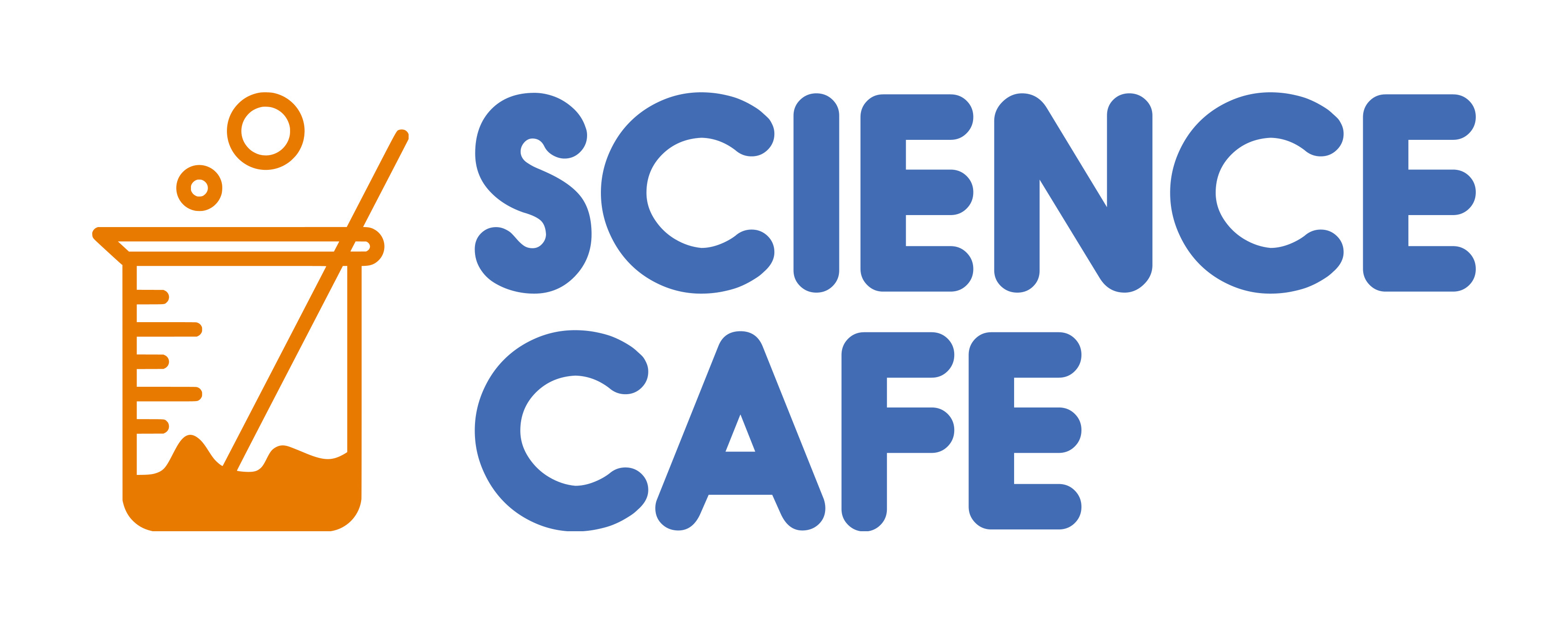World Mental Health Day: Supporting Students’ Wellbeing & Learning
World Mental Health Day: Why Our Minds Deserve as Much Care as Our Studies
Every year on 10 October, World Mental Health Day invites us to pause and reflect on our mental health. This year’s theme – “Mental health is a universal human right” – is a timely reminder that emotional wellbeing isn’t a luxury or an add-on. It’s the foundation of learning, thriving and living fully.
Why it matters for students and parents
Exams, coursework, revision timetables and social pressures can quietly pile up. For neurodivergent students or those with additional needs, the load can be even heavier. When stress and anxiety rise, memory, focus and motivation fall — making revision harder just when it matters most.
Small changes, big impact
We can’t remove every challenge, but we can build small habits and supports that make a difference:
Check-ins over checklists. Ask how your child is feeling before asking what they’ve done.
Break revision into short bursts. Ten focused minutes is better than an hour of overwhelm.
Model self-care. Walks, fresh air, movement breaks and balanced meals help brains learn.
Normalise asking for help. Whether it’s a teacher, tutor or a helpline, reaching out is a strength, not a weakness.
Building mental health into learning culture
At Science Café we design our revision programmes with wellbeing at the core: audio lessons to reduce screen strain, micro-sessions to cut overwhelm, and clear tracking so students (and parents) can see progress without panic. Supporting the mind supports the marks.
Resources you can share
If you or someone you know is struggling, the following organisations offer free, confidential support:
YoungMinds – Help for young people and parents
Mind – National mental health charity
ADHD UK – Information and peer support for ADHD
Samaritans – 24/7 listening line on 116 123
A closing thought
World Mental Health Day is a chance to remember: students aren’t just test-takers; they’re young people learning how to manage life. When we protect and nurture mental health, we’re not stepping away from academic success — we’re laying the groundwork for it.



